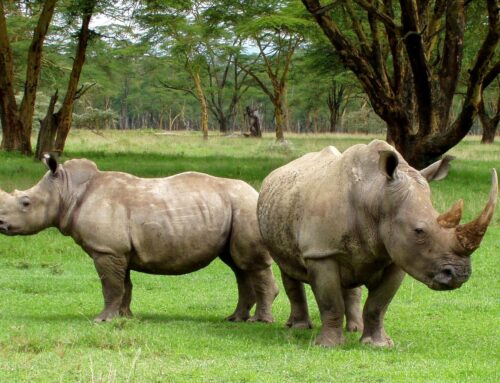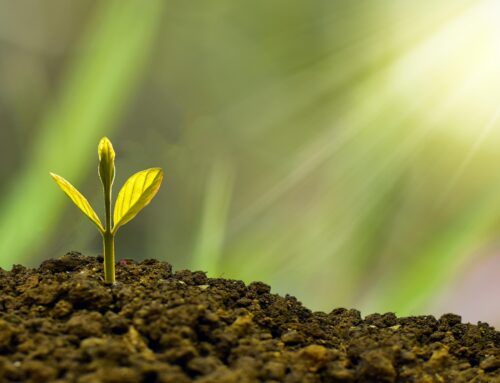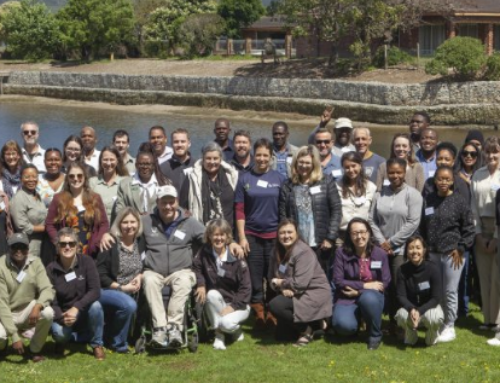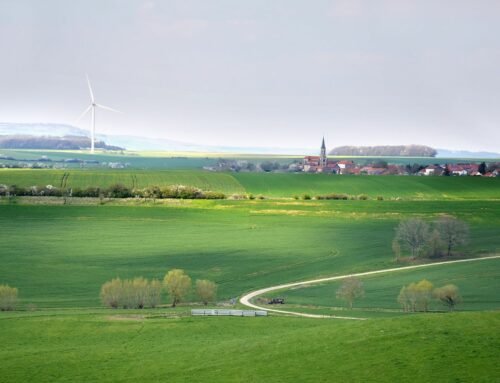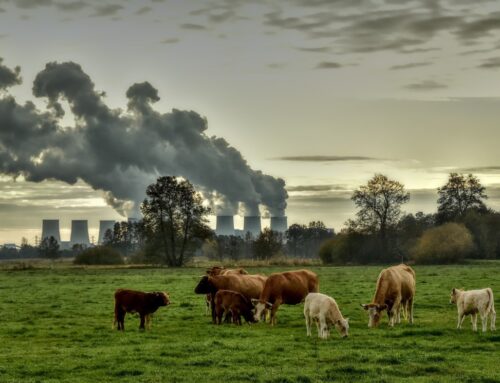Call for applications: Masters bursaries for 2020
Agricultural trade networks, ecosystem services and human well-being, regime shifts
Deadline for applications: 25 January 2020
Introduction
A Masters bursary focusing on one of several potential topics is available for 2020, based at the Centre for Complex Systems in Transition (CST) at Stellenbosch University. The CST (http://www.sun.ac.za/cst/) builds on a strong history of transdisciplinary research and complexity studies and hosts leading scientists and students from diverse disciplinary backgrounds, providing a vibrant hub for solution-oriented, transdisciplinary, sustainability science. The primary objective of the CST is to provide transformational knowledge on the dynamics of multi-scale social-ecological change, and strategic insights into the new modes of research and governance that can bring about a just transition to a more equitable and sustainable society, in southern Africa and globally.
Call for applications
We seek motivated individuals interested to pursue a Masters, who have a keen interest in sustainability, an interest and ability to integrate across the social and natural sciences, and who enjoy collaboration and working in teams. Interested individuals should have a strong academic track-record, participate in the events and activities of the CST, and be interested in any of the following topics and concepts: social-ecological systems, resilience and risk, complexity thinking, tipping points and regime shifts, biodiversity and ecosystem services, social innovation and sustainability transformations. For the Masters degree, one of the following research topics are available to be pursue
Agricultural trade networks in the Western Cape.
Achieving sustainable agricultural transformation is an international policy development priority. Growing high-value crops for export has been shown to generate substantive positive socio-economic impacts for the producing regions. Most export horticultural production is irrigated and is increasingly using water drawn from rivers, dams and aquifers that would otherwise be available for supporting natural habitats and environmental flows, underpinning smallholder agriculture and urban development, and for hydropower and industry. While the direction of this MSc project is still very flexible, and we hope to develop the details of this project with the successful candidate, it will generally investigate how these value chains increase or reduce resilience of the catchments, and whether increasing horticultural production can be met in a socially and environmentally equitable manner.
Impacts of trade transactions in Southern Africa on land use and human wellbeing.
Today, the world is highly interconnected. An item of food in the local grocery store could come from very far away from where it is sold and used. International trade has made this possible by allowing the movements of goods and services across vast distances. There is a new framework, telecoupling, which is used to study these distal connections. Telecoupling as a concept is fairly recent and is used primarily to illustrate the shrinking distance across the world and how seemingly unconnected places could be linked in significant ways. Unlike similar concepts which have been used for much longer, e.g. ecological footprint, telecoupling emphasizes two dimensions. First, it focuses on the connections between places rather than how one place is over or under shooting its resources needs within its borders and augmenting that need with resources from outside its boundaries. This is important because overshoots have consequences in the resource originating countries. Second, telecoupling emphasizes a social-ecological lens, rather than only ecological or only social. Telecoupling also introduces ‘spillovers’, which represent unintended consequences or ‘leakages’ in impacts involving a seemingly unconnected third entity in a two-entity exchange. In the economics literature, these re akin to externalities. Spillovers can be represented by investments in conservation which result in displacement of people and loss of land tenure, a clearly unintended consequence of these interventions. This project seeks to understand the consequences of trade transactions and agreements in Southern Africa on both land use, biodiversity and livelihoods. The aim of the project will be to answer questions such as: what are the main and growing agricultural commodities in the region? What are their input requirements (e.g. land, energy and water)? Are they locally or externally used? Who gains from these transactions and who loses? What are the main policies facilitating such transactions? What are the biodiversity consequences? The overall framework for this project will use telecouling as a lens to analyse these questions.
Agricultural regime shifts in Southern Africa.
Regime shifts, long-lasting shifts or changes in the structure and function of social-ecological systems often occur abruptly and unexpectedly. These changes have substantial impact on ecosystem services such as crop production or food regulation that directly impacts human wellbeing. The South African Research Chair in Social Ecological Systems and Resilience, held by Prof Reinette (Oonsie) Biggs, aims to contribute to theory, methods and understanding that can improve our capacity to assess risks and build resilience to regime shifts that may jeopardize ecosystem services and human wellbeing. This work centres on the Regime Shifts Database (www.regimeshifts.org), an initiative that is being conducted in collaboration with the Stockholm Resilience Centre in Sweden. The core goals of the initiative are to provide synthesis of regime shifts that have occurred in different social-ecological systems, their drivers and consequences for ecosystem services and human wellbeing. One area of increasing interest is the study of regime shift associated with agricultural systems – both in terms of regime shifts driven by agricultural systems (e.g. eutrophication caused by agricultural inputs) and those that are affecting agricultural systems from elsewhere (e.g. desertification). Ongoing work at the Centre for Complex Systems in transition in collaboration with several universities in South Africa aims to characterise a broad spectrum of regime shifts related to agricultural systems. These range from ecological drivers to institutional drivers causing shifts in agriculture. This broader understanding of regime shifts opens up new avenues to consider factors such as technology, energy, institutions and other transitions. We seek a Masters student that is interested to contribute to understanding these regime shifts and to collect examples.
Funding
Bursaries will be funded from the DST/NRF SARChI chair held by Prof Biggs, topped up to the following values:
Masters full-time over 2 years: R 120,000 pa (R 10,000 per month)
Tuition and reasonable running and travel expenses will also be covered separately.
Requirements
All students applying for a Masters degree should have completed an Honours or four-year undergraduate degree or equivalent to be eligible. All candidates should show evidence of strong scholarly performance.
Based on the National Research Foundation’s funding guidelines, strong preference will be given to South African nationals and under-represented groups
To apply
Interested candidates should send:
• a motivation letter (detailing your previous experience, your general area of interest, as well as an outline of potential research topics of interest),
• a detailed CV that includes your academic record, previous work experience, any scientific publications on which you have been an author, and the names of at least two academic referees,
• transcripts of academic qualifications,
• at least one example of recent written work (e.g. a paper, report, thesis chapter).
The candidate will be co-supervised by Dr Odirilwe Selomane, the Director of the international Program on Ecosystem Change and Society (PECS, http://www.pecs-science.org/) and Prof Reinette (Oonsie) Biggs, who holds the South African Research Chair (SARChI) in Social-Ecological systems and Resilience.
Please submit your applications electronically to Odirilwe Selomane: odirilwes@sun.ac.za
We encourage you to submit your application as soon as possible, but latest by 25 January 2020. Applications will be reviewed as they come



